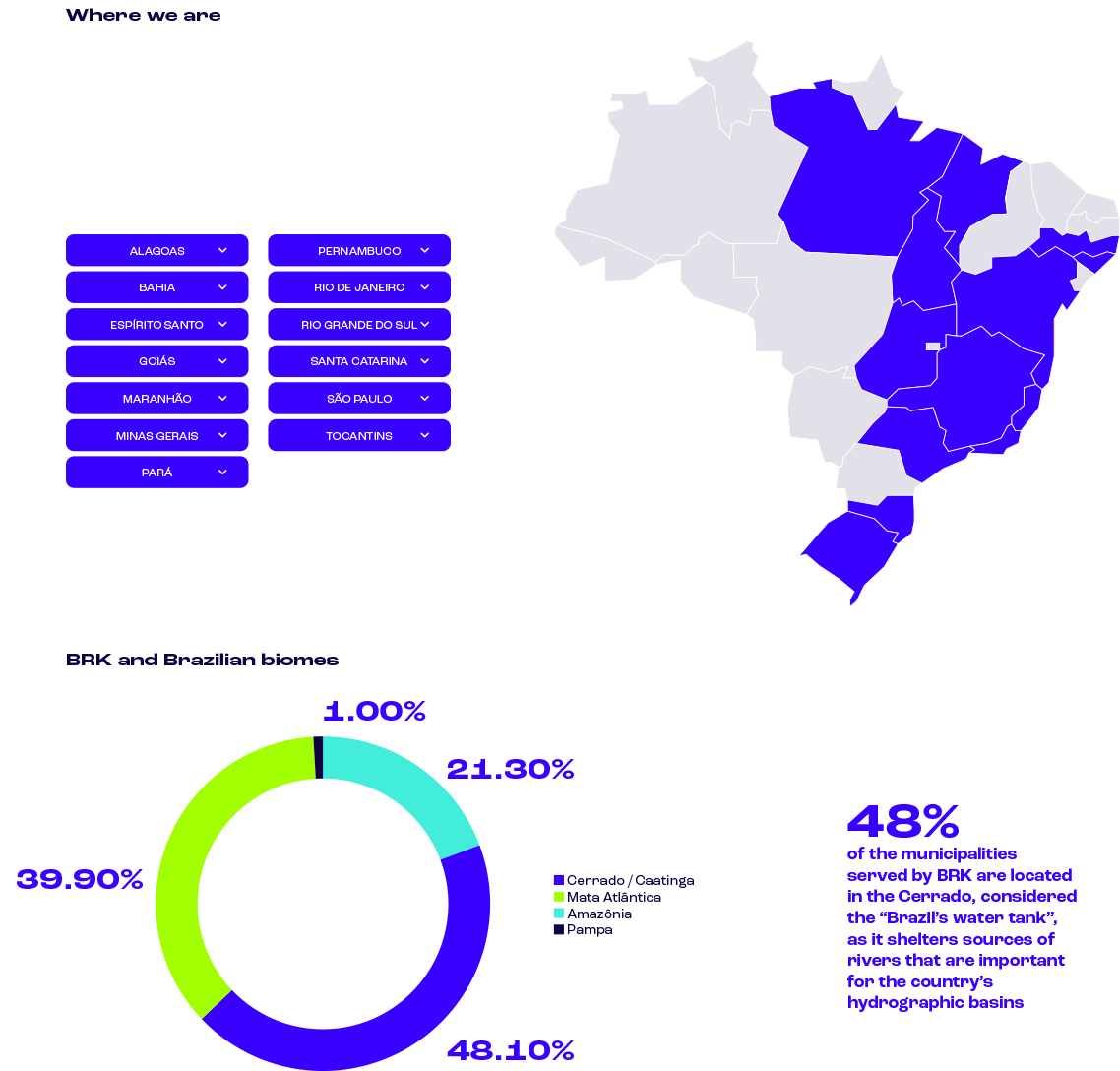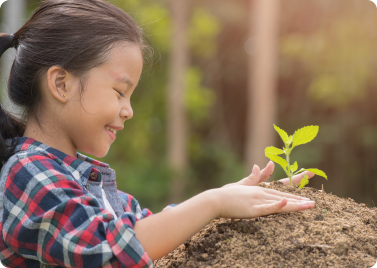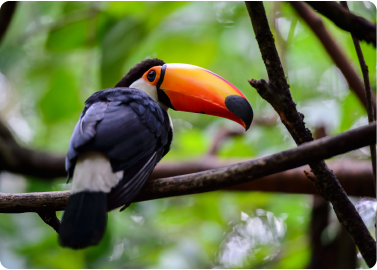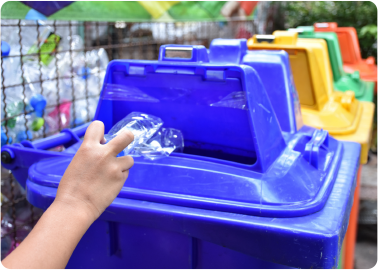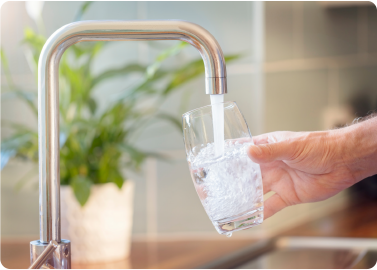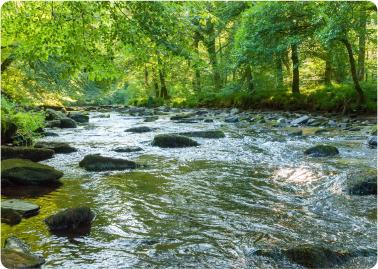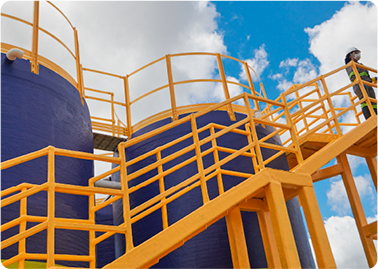Commitment to biodiversity
The company, through its CEO, Teresa Vernaglia, is committed to the nine goals of the Brazilian Business Biodiversity Commitment, an initiative promoted by the Brazilian Business Council for Sustainable Development (CEBDS). The first objective of this pact is to include the “biodiversity” theme in the companies’ business strategy (access the commitment website here)
BRK is also a signatory to the Call to Action initiative, a commitment that aims to bring together companies from all over the world around attitudes aimed at reversing biodiversity-related losses by 2030, through economic and financial transformations. The initiative is organized by Business for Nature, a coalition focused on business integration and environmental preservation – in Brazil, the Call to Action is headed by CEBDS, The Nature Conservancy (TNC), WWF and the International Chamber of Commerce in Brazil (ICC Brasil).
In 2019, the company sponsored a virtual reality experience at Green Nation, a traveling event for sustainability education. In order to provide visitors with interactive and sensory experiences, the Nave BRK project addressed the importance of preserving biodiversity using virtual reality technologies.
To expand knowledge about environmental education, the company has the Portas Abertas Program, aimed at educational institutions, communities and other representatives of society. Participants can closely follow the stages of the water treatment processes on visits to the units. BRK employees also organize educational lectures on the need for changes in human behavior in relation to the environment and the correct disposal of effluents, for the preservation of terrestrial and aquatic biodiversity.


